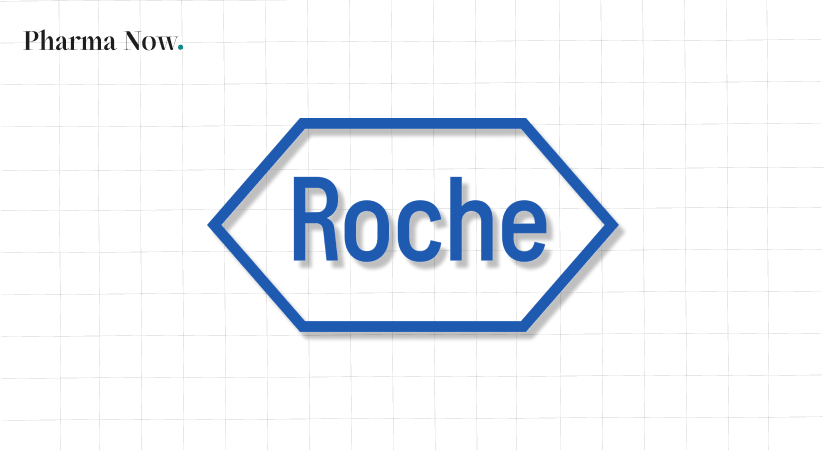Roche Announces Phase III evERA Results: Giredestrant Delivers Major Progression-Free Survival Benefit In ER-Positive Advanced Breast Cancer
Roche’s giredestrant + everolimus combo improves PFS in ER+ breast cancer post-CDK inhibitor therapy.
Breaking News
Oct 18, 2025
Simantini Singh Deo

Roche has announced positive results from the phase III evERA Breast Cancer study, showing that giredestrant in combination with everolimus significantly reduced the risk of disease progression or death. The combination improved progression-free survival (PFS) by 44% in the intention-to-treat (ITT) population and by 62% in patients with ESR1 mutations, compared with standard-of-care endocrine therapy plus everolimus.
The evERA study evaluated the investigational giredestrant combination in patients with estrogen receptor (ER)-positive, human epidermal growth factor receptor 2 (HER2)-negative, locally advanced or metastatic breast cancer who had previously been treated with cyclin-dependent kinase (CDK) 4/6 inhibitors and endocrine therapy. This is the first positive head-to-head phase III trial assessing a selective estrogen receptor degrader-containing regimen against a standard-of-care combination. The results are being presented in an oral session at the European Society for Medical Oncology Congress 2025 and will be shared with health authorities to expedite potential patient access.
Roche’s Chief Medical Officer and Head of Global Product Development, Levi Garraway, MD, PhD, noted that there is a particularly high unmet need for patients who develop resistance to endocrine therapies and CDK inhibitors. He emphasized that the study results support the potential for the giredestrant combination to become a new standard-of-care in this setting.
Medical Oncologist Erica L. Mayer from Dana-Farber Cancer Institute added that resistance to standard therapies is common after CDK inhibitor treatment, and the evERA results validate the use of this combination to address this challenge. She highlighted that the clinically meaningful benefit observed with the all-oral giredestrant and everolimus regimen is impressive and could significantly improve outcomes for patients needing new treatment options.
In the ITT population, median PFS was 8.77 months for the giredestrant arm versus 5.49 months for the comparator (stratified hazard ratio [HR]=0.56; 95% CI: 0.44–0.71, p<0.0001). In patients with ESR1 mutations, median PFS was 9.99 months for giredestrant compared with 5.45 months for the comparator (HR=0.38; 95% CI: 0.27–0.54, p<0.0001). The PFS benefit was consistent across pre-specified subgroups in both populations.
Overall survival (OS) data were still immature at the time of analysis but showed a positive trend in the ITT population (HR=0.69; 95% CI: 0.47–1.00, p=0.0473) and in the ESR1-mutated population (HR=0.62; 95% CI: 0.38–1.02, p=0.0566), with follow-up continuing for the next OS analysis. The giredestrant combination also showed improvements in key secondary endpoints, including objective response rate and duration of response, in both patient populations.
Adverse events for the giredestrant-based combination were manageable and consistent with the known safety profiles of the individual medicines. No new safety signals were observed, including no photopsia. ER-positive breast cancer represents approximately 70% of all breast cancer cases. Resistance to endocrine therapies, particularly after CDK inhibitor treatment, increases the risk of disease progression and is associated with poor outcomes. All-oral combination therapies, such as giredestrant plus everolimus, offer the potential to target multiple signaling pathways while reducing the treatment burden on patients.
Roche’s comprehensive giredestrant clinical development program spans multiple treatment settings and lines of therapy, demonstrating the company’s commitment to delivering innovative medicines to as many patients with ER-positive breast cancer as possible.
